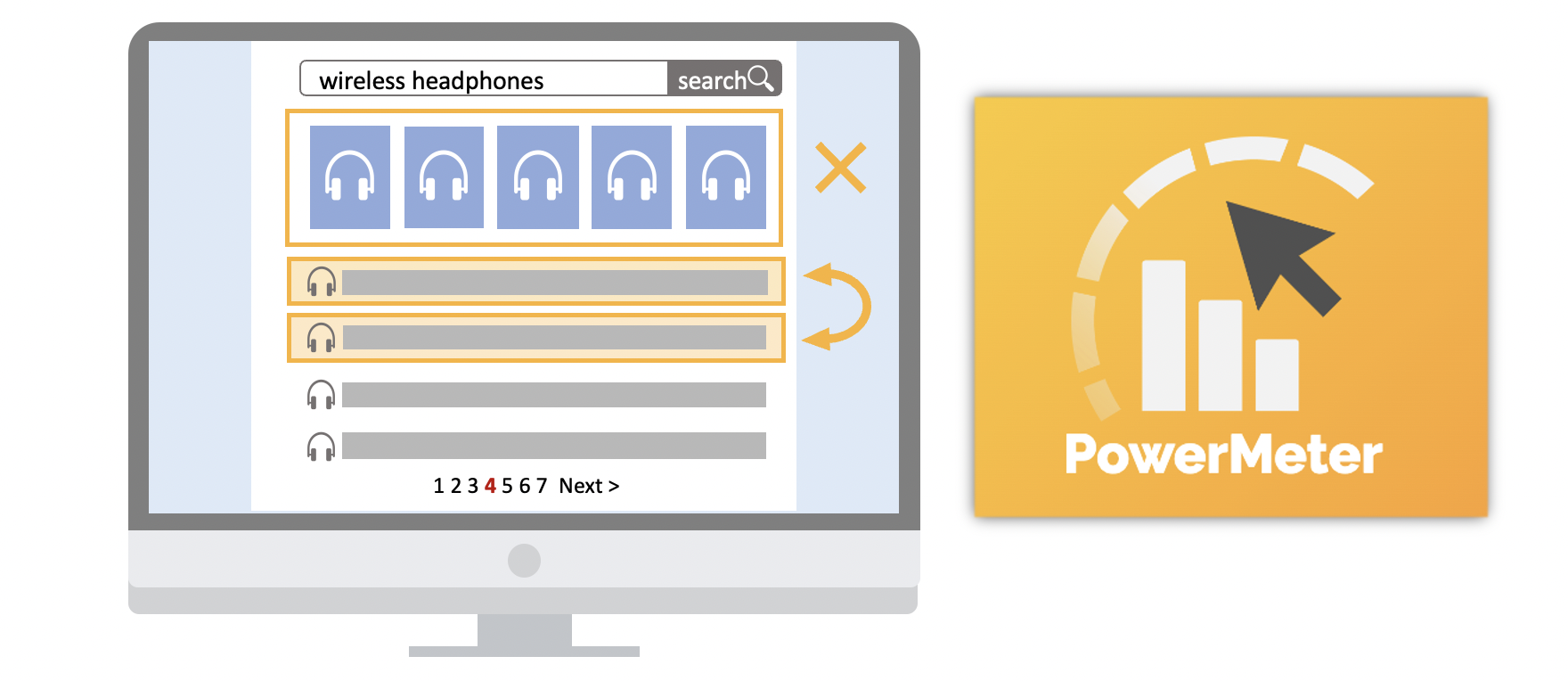Measuring performative power of online search

The power of digital platforms is at the center of major ongoing policy and regulatory efforts. However, traditional economic concepts struggle with identifying anti-competitive patterns in digital platforms not least due to the complexity of market definition. Against this backdrop, a recently developed concept, called performative power [], suggests a way to mitigate limitations of existing antitrust enforcement tools. Performative power measures how much a platform can causally influence platform users through its algorithmic actions. By directly relating power to a causal effect, it sidesteps the complexities underlying conventional market definitions and offers a promising framework to integrate data and experimental methods with digital market investigations.
To demonstrate the practical applicability of this concept, we designed and executed an experiment to measure the performative power of online search providers. Instantiated in our setting, performative power quantifies the ability of a search engine to steer web traffic by rearranging results. To operationalize this definition we developed a browser extension that performs unassuming randomized experiments in the background. These randomized experiments emulate updates to the search algorithm and identify the causal effect of different content arrangements on clicks. Analyzing tens of thousands of clicks, we discuss what our robust quantitative findings say about the power of online search engines, using the Google Shopping antitrust investigation as a case study. More broadly, we envision our work to serve as a blueprint for how the recent definition of performative power can help integrate quantitative insights from online experiments with future investigations into the economic power of digital platforms.
The project website can be found at: https://powermeter.is.tue.mpg.de/
Members
Publications

